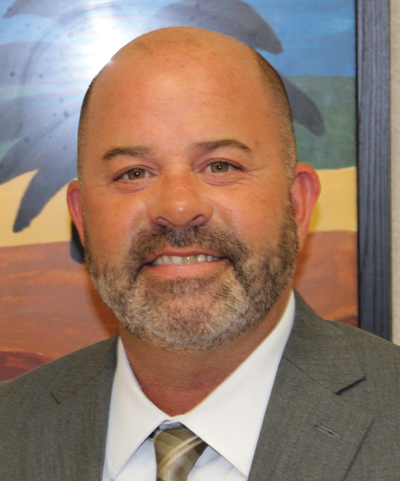Building Flexible Thinking Skills: Guiding Students Toward Adaptability and Confidence

Why flexibility matters
Research shows that strong executive functioning often predicts academic and relationship success. Yet many children with disabilities struggle when a routine changes or when a problem has no single correct answer. Without guidance, they may shut down or rely heavily on adult prompts. Teaching flexibility empowers them to pause, breathe, and consider choices instead of feeling stuck. That confidence extends beyond the classroom walls into family life, friendships, and future workplaces.
Role-playing real-life scenarios
Gateway teachers frequently use role-playing to rehearse everyday situations, such as asking for help when a locker jam occurs or navigating group work when peers disagree. Acting out these moments in a safe environment allows students to experiment with different responses and to watch classmates model calm problem-solving. While one student practices explaining feelings, another learns to listen and compromise. Our speech and language specialists join these sessions to coach tone of voice and body language, turning abstract social cues into concrete skills.
Cooperative games that celebrate trial and error
During physical education and recess, our staff introduces cooperative challenges where victory depends on collaboration rather than speed. Imagine a group of eight students balancing a parachute while keeping a beach ball from touching the ground. At first, they shout directions, the ball hits the floor, and laughter fills the gym. Then the teacher pauses the game and prompts the group to brainstorm a new strategy. They decide to count aloud, lift together on three, and rotate positions after each round. Failures become data for the next attempt, and each small success reinforces the message that flexible thinking leads to shared achievement.
Integrating therapy and academics
Flexible thinking is not a standalone lesson. Occupational therapists might guide a cooking activity where a missing ingredient forces students to suggest substitutions. Reading specialists encourage learners to make and revise predictions as new plot twists emerge. This integrated approach mirrors the strategies described in our post on Fostering Independence: Daily Living Skills for Special Needs Students, showing how practical tasks and cognitive skills develop side by side.
A student story
Consider Elijah, a sixth grader who once became anxious whenever his math teacher changed the seating chart. Through weekly role playing, Elijah practiced telling himself, "New seat, same friends," and asking a classmate to trade supplies if he forgot a pencil. Gradually, the unexpected felt manageable. Last month, a substitute teacher arrived with a surprise project, and Elijah was the first to raise his hand and suggest dividing the class into small groups. His mother shared later that he now adapts when family dinner plans shift, proudly declaring, "I can think of another idea."
Partnering with families
A crucial partnership are parents and caregivers reinforcing flexibility. You can narrate your adaptive thinking at home: "The store is closed, so let's choose another recipe together." Invite your child to suggest backup plans when technology glitches or weather ruins outdoor fun. Celebrate creative detours with high fives or a quick note in a shared journal to strengthen the positive association.
Measuring progress for child study teams
Gateway staff documents each student's growth through observable behaviors. Can the student list more than one solution during a problem-solving task? Do they remain calm when schedules change? Data is shared with our child study teams, giving district leaders clear evidence that targeted strategies translate into measurable gains. This transparency supports collaborative decision-making and continuous refinement of Individualized Education Programs.
Looking ahead and closing thoughts
Flexible thinking turns roadblocks into detours toward discovery. The Gateway School equips students to meet new challenges with curiosity instead of fear by combining engaging activities, therapeutic expertise, and family collaboration. Explore our programs and success stories at thegatewayschool.com and see how a culture of adaptability can open doors for your child today and for every tomorrow that follows.
Request a Tour of The Gateway School

Since 1980, RKS Associates has been a leader in providing the needs of special education students and helping children grow to their fullest potential. Each of our schools seeks to empower each student with skills for life, work, and recreation; we believe that every individual possesses the dignity and potential to contribute to a better world.
As part of the RKS Associates Network of schools in New Jersey, the goal at the Gateway School is to assist all students in becoming as independent as possible and help them get ready for the future. Located in Carteret, NJ, we serve individuals throughout Central and Northern New Jersey. Contact us at our main office at 732.541.4400 with any questions or schedule a private tour of the Gateway School today.
Kevin Jones Principal-The Gateway School of Carteret, NJ


